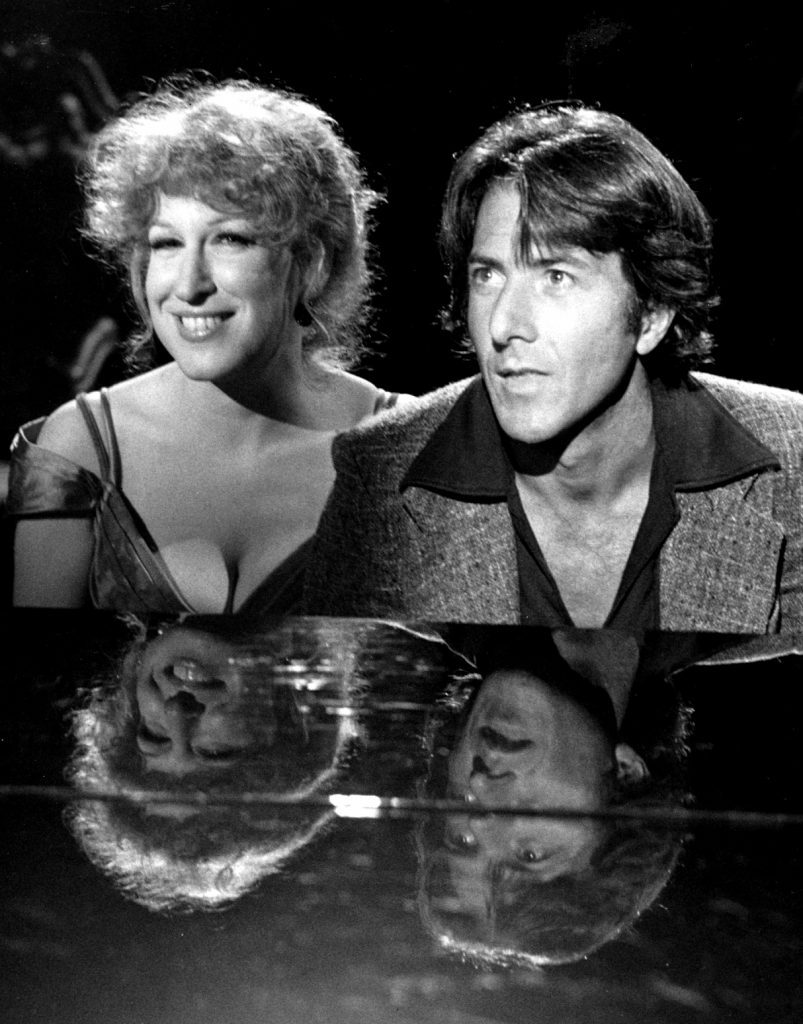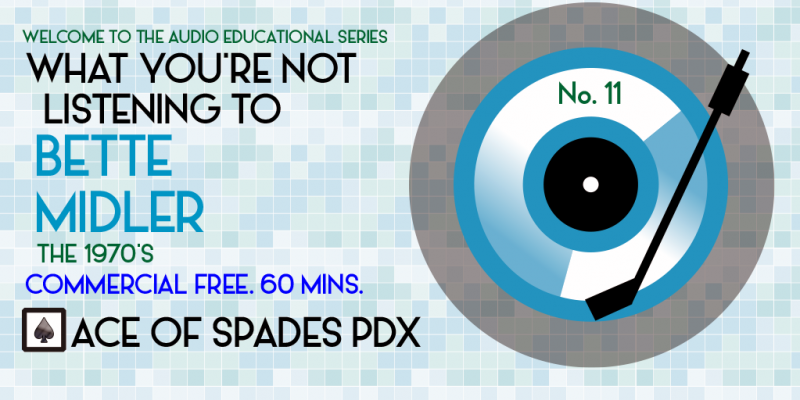Podcast: Play in new window | Download | Embed
It’s a shame the way some words become bastardized. What was once a means to be particularly and especially descriptive sometimes translates into some new form of tacky vernacular. One of these words is dude. Originally derived from the phrase Yankee Doodle Dandy, it was once meant to describe someone with style and class. Cabaret, which, back in Germany between the two world wars, is another. When one hears this latter word today, it is often relegated to sleazy topless bars.
Cabaret was a popular form of working class entertainment: sometimes songs, sometimes nudity, sometimes politics and sometimes performance acts that related to the realities and ugliness of working class life. Set in smoky bars in major cities, it was often the only place for members of dispossessed populations to find work, namely members of would eventually be called the LGBTQi community.
I wouldn’t say I invented tacky, but I definitely brought it to its present high popularity.
Bette Midler
This history was not lost on a one Better Midler: a nice Jewish girl from Honolulu, she moved to New York City to attempt to make her break into show business. Starting off as a go-go dancer, she did the usual round of small parts on stage and in other mediums. Her unlikely break came in the form of a gay bathhouse: a members only club where men would often meet in secret to have sex. One of them, the Continental Baths, also offered live entertainment.
It was here where Midler honed her stage persona, The Divine Miss M, which also became the name of her debut album. (She was also given the name of “Bathhouse Betty” by patrons, which would also become the name of one her albums.) With future adult contemporary megastar Barry Manilow as her piano player and musical director, as well as future adult contemporary singer Melissa Manchester as one of her backing vocalists, she developed a act that was filled with ribald humor and for a those in attendance, the type of diva-centric and wild show they once thought was definitely a thing of the past.

Midler’s act became the talk of the town. Ahmet Ertegun, the founder and president of Atlantic Records, came down to see her, and, just like all other the other men who entered the club, had to do so in nothing but a white towel. After signing her, she started making TV appearances, becoming the favorite singer of Tonight Show host Johnny Carson, even appearing on his final episode decades later.
These are the formative years of a Queer icon and institution: nothing was sacred, everything was up for grabs, humor was never in short supply and she honestly didn’t care what people thought of her. Much like the entertainers of traditional German cabaret, she truly gave her all to everything she did. In an era where women artists seemingly have opportunities galore, so few of them take the risks that Ms. Midler did.
This particular program comes by special request of my husband, Travis. The 30th of July is our 24th anniversary, and he so very much wanted a Bette Midler program. Hope you enjoy this little bear.
First Part
- Delta Dawn, 1972, The Divine Miss M
- Surabaya Johnny, 1973, Bette Midler (from Happy End)
- Married Men, 1979, Thighs and Whispers
- The Rose, 1979, The Rose (original motion picture soundtrack)
- I Never Talk to Strangers (duet with Tom Waits), 1977, Broken Blossom
- Sold My Soul to Rock and Roll (live), 1979, The Rose (original motion picture soundtrack)
Second Part
- Buckets of Rain (duet with Bob Dylan), 1976, Songs for the New Depression
- Marahuana (demo), 1972, this version on The Divine Miss M two disc expanded edition and also appeared on Songs for the New Depression (from Murder at the Vanities)
- Say Goodbye to Hollywood, 1977, Broken Blossom
- Millworker, 1979, Thighs and Whispers (from Working)
- Boogie Woogie Bugle Boy (full-length album version), 1972, The Divine Miss M
Finale
The Vicki Eydie Show (live), recorded 1976, released 1977, Live at Last
- Around the World
- Istanbul
- Fiesta In Rio
- South Seas Scene
- Hawaiian War Chant
- Lullaby of Broadway
Love to you all.
Ben “Bear” Brown Jr.
Host, Producer, Audio Engineer and Writer
“Copyright Disclaimer Under Section 107 of the Copyright Act 1976, allowance is made for ‘fair use’ for purposes such as criticism, comment, news reporting, teaching, scholarship, and research. Fair use is a use permitted by copyright statute that might otherwise be infringing. Non-profit, educational or personal use tips the balance in favor of fair use.”
